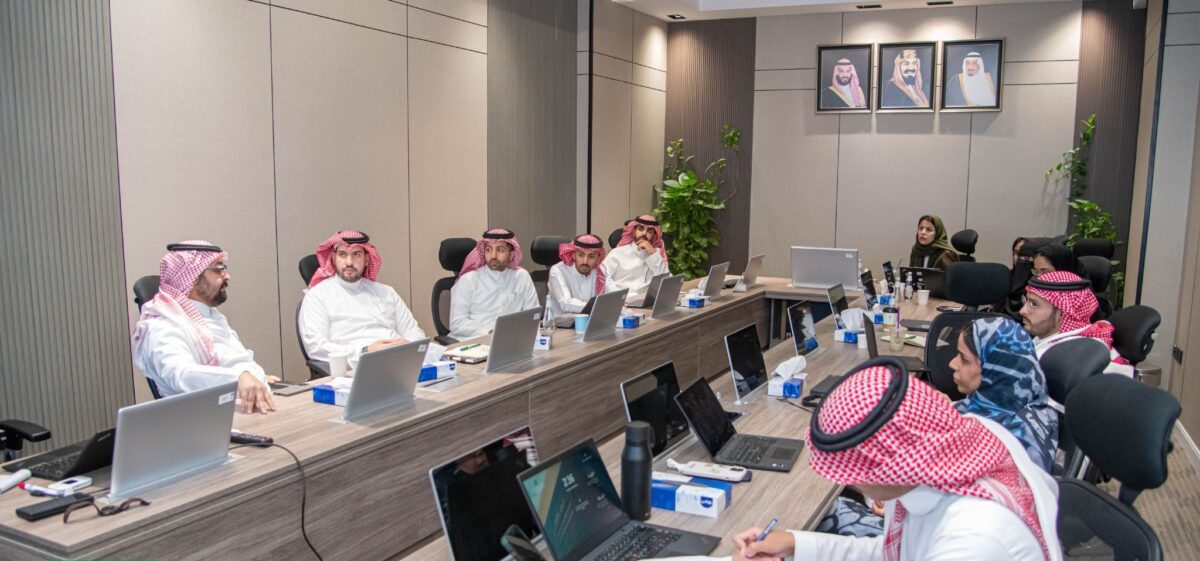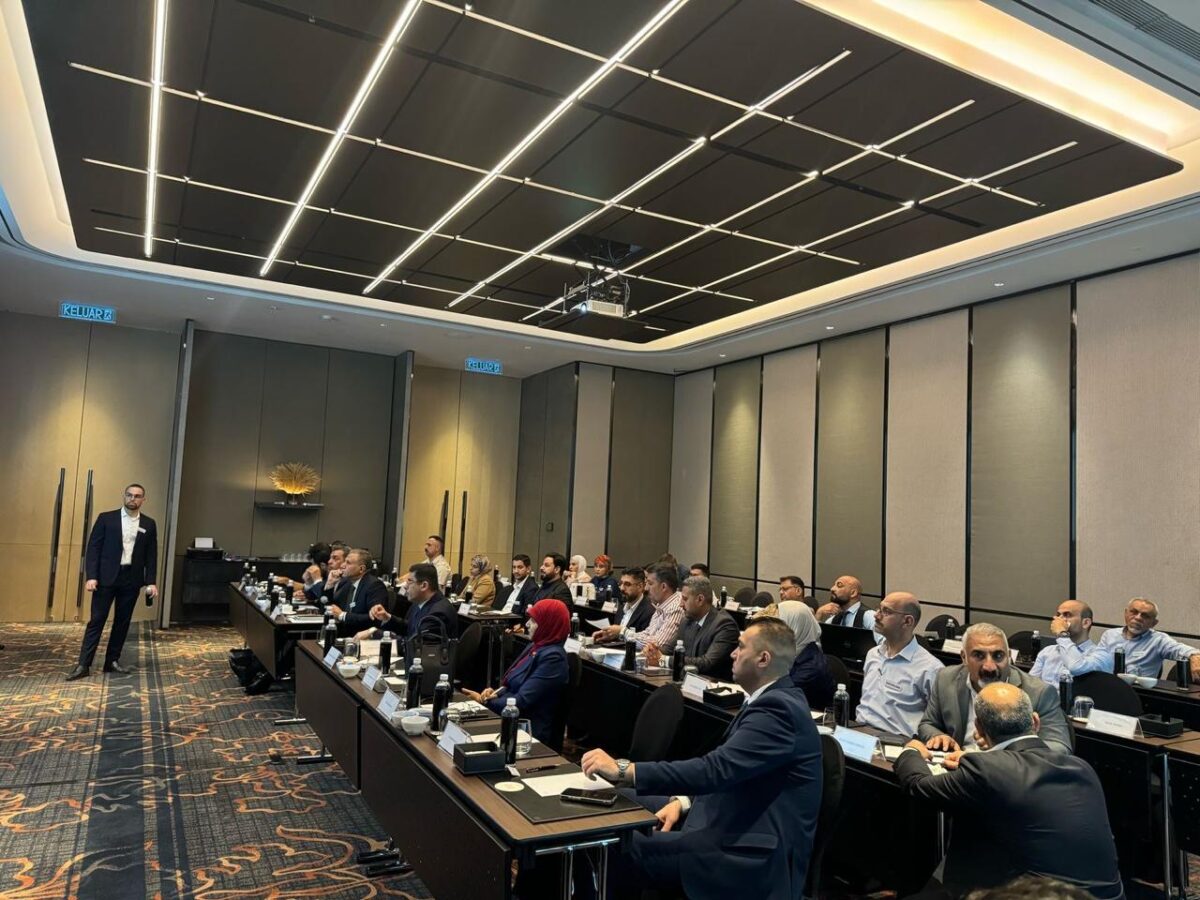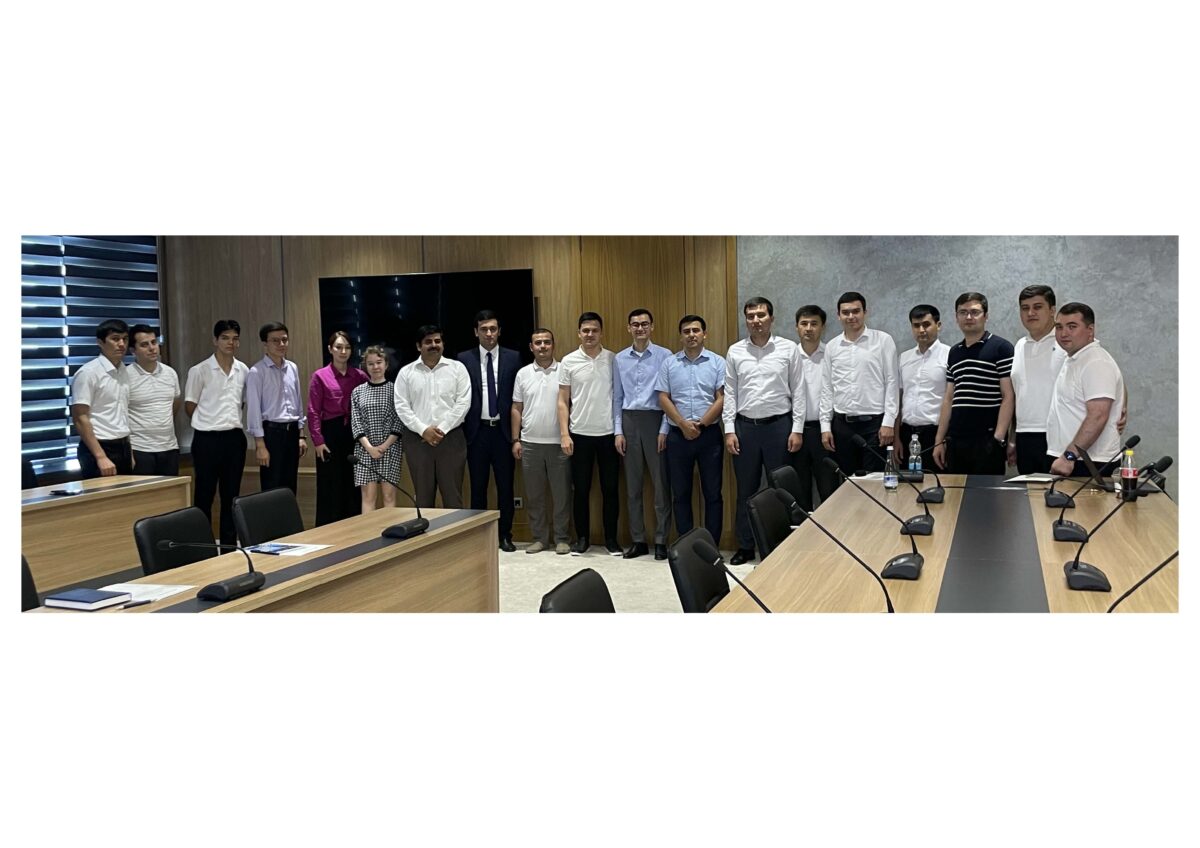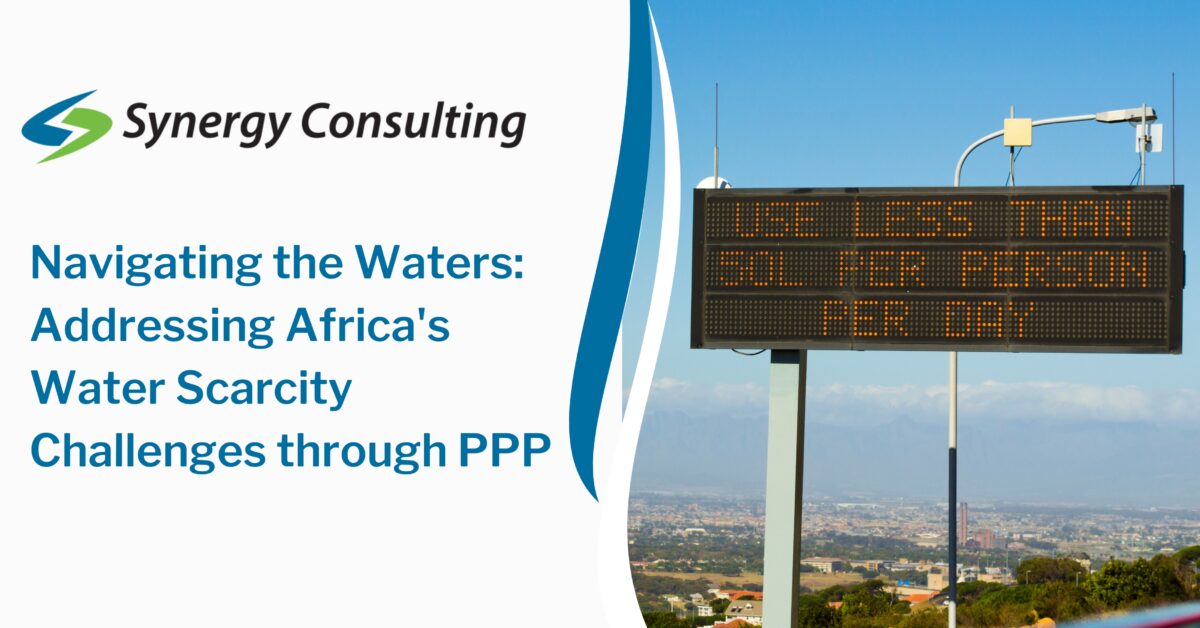Saudi Arabia as a Regional Logistics Hub

The Kingdom of Saudi Arabia (KSA) located at the crossroads of Asia and Europe, is forecasted to be a major logistics hub, with the freight and logistics market expected to grow at a CAGR of 6.50% during the 2023-2028 period. Under the ‘Vision 2030’ strategic framework, the Government aims to transform the economy by reducing the Kingdom’s dependence on oil exports, lowering government subsidies, and stimulating private sector investments. As part of the KSA Vision 2030, the National Transport and Logistics Strategy was formulated by the Ministry of Transport and Logistics Services with the objective of transforming KSA into a regional logistics hub and increasing the GDP contribution from the transport and logistics sector from 6% to 10% by 2030. Through 2030, the logistics and transport sectors are expected to receive over USD 100 billion in investment across rail, road, ports, shipping, logistics, and airport projects.
Leveraging KSA’s natural geographical advantage, projects such as the GCC Rail Project have the opportunity to transform connectivity across the Gulf by connecting 6 member states of the GCC. The project is expected to significantly reduce transport time and costs between GCC cities and ports, improving trade flows across these countries. Another major rail project which is under development is the Saudi Landbridge project, which is designed to connect Jeddah on the Red Sea Coast port with the Saudi Arabian capital city Riyadh. The Landbridge project, when complete, will be able to transport over 50 million tons of freight annually, passing through modern logistic centers, economic hubs, industrial cities, and mining interests.
The National Transport and Logistics Strategy also envisages the development of 27 logistics zones, including the development of three logistics zones at the Jeddah Port, King Abdullah Port, and King Abdulaziz Ports to handle 14 MTEU and play a major role in enabling export, import, and re-export. Further, the Strategy envisages increasing air freight handling capacity to 4.5 MTPA by 2030 through the development of three logistics zones in Riyadh, Jeddah, and Dammam airports.
Collaboration between government and private entities is expected to grow. Licenses will be issued to organizations seeking comprehensive operations to drive investments. The Kingdom’s is to support market participants while encouraging advancements that transform logistics and transportation processes.










